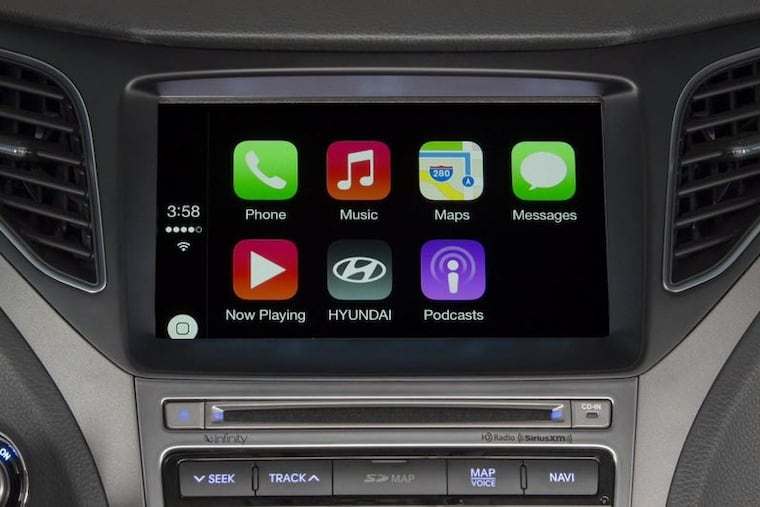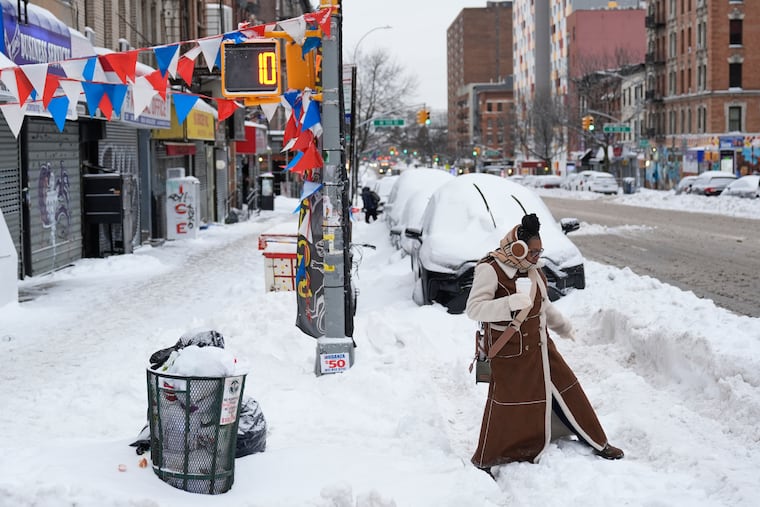Charter Revision Commission votes needed to expand voting access to all New Yorkers and implement nonpartisan elections.
In a significant call to action, two influential opinion pieces published today advocate for the New York City Charter Revision Commission to present a ballot question regarding the implementation of fully democratic voting for local public offices, encompassing positions from the mayor to City Council seats. The authors, John Avlon and Chris Browne, emphasize the crucial need for reform, suggesting that the adoption of either open primaries or nonpartisan elections is imperative for enhancing civic engagement among New Yorkers.
The final public input session organized by the commission is being held today at the Schomburg Center in Harlem, from 5 PM to 8 PM. Participants can access the venue via the No. 2 or 3 subway lines or join remotely through Zoom. The commission is encouraging citizens to express their support for inclusive electoral processes, allowing all registered voters to participate regardless of party affiliation.
For those unable to attend the session, written testimonies will be accepted until July 15, prior to a critical vote scheduled for July 21. These efforts are part of the commission’s broader mandate established by Mayor Eric Adams in December, which primarily focused on housing improvements. The commission has since developed four ballot questions aimed at expediting housing development in New York City. However, discussions have also ventured into the realm of electoral reforms, including the feasibility of nonpartisan elections and synchronizing local elections with presidential contests to potentially increase voter turnout.
Despite the initial enthusiasm for proposed reforms, the commission’s recent decisions have sparked concern among advocates for electoral change. While a ballot question addressing the timing of elections—to align with presidential years—has been included, the more impactful move towards nonpartisan elections has not made the ballot. This omission is particularly striking given public sentiment; the commission’s own reports indicate widespread support for open primaries expressed during public hearings.
With over eight million residents represented, commission members bear a responsibility to heed this public demand for reform. It is crucial that the commission reevaluates its priorities and proposes a more inclusive electoral process, allowing every registered voter to participate.
To facilitate an effective reform, the commission should reconsider the proposed ballot question on election timing in favor of allowing New Yorkers to create a more representative electoral framework. This would align local elections with nonpartisan principles already observed in various special elections. As discussions progress, it remains vital for the commission to reflect the true wishes of the people and restore faith in the democratic process, ultimately fostering a more engaged and representative electorate in New York City.
As election reforms move forward, critical legal frameworks, such as the state constitution’s provisions regarding election timing, must also be taken into account to ensure all proposed changes are feasible and uphold democratic integrity. Observers will be watching closely to see how these recommendations unfold as deadlines approach.







